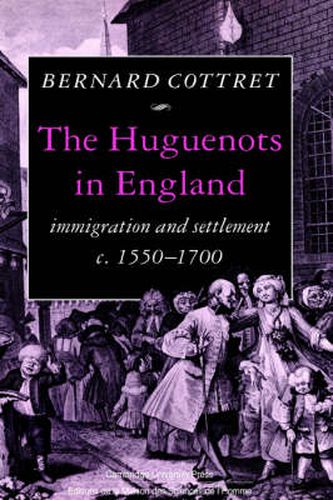This is a much-revised version of Professor Cottret’s acclaimed study of the Huguenot communities in England, first published in French by Flammarion in 1985. The Huguenots in England presents a detailed, sympathetic assessment of one of the great migrations of early modern Europe, examining the social origins, aspirations and eventual destiny of the refugees, and their responses to their new-found home, a Protestant terre d'exil in the midst of an encircling Catholic absolutism. Bernard Cottret shows how for the poor weavers, carders and craftsmen who constituted the majority of the exiles the experience of religious persecution was at once personal calamity, disruptive of home and family, and heaven-sent economic opportunity, which many were quick to exploit. The individual testimonies contained in consistory registers contain a wealth of personal narrative, reflection and reaction, enabling Professor Cottret to build a fully rounded picture of the Huguenot experience in early modern England. In an extended afterword Professor Emmanuel le Roy Ladurie considers the Huguenot phenomenon in the wider context of the contrasting British and French attitudes to religious minorities in the early modern period.





